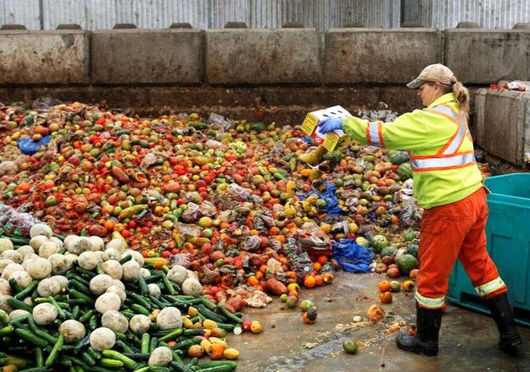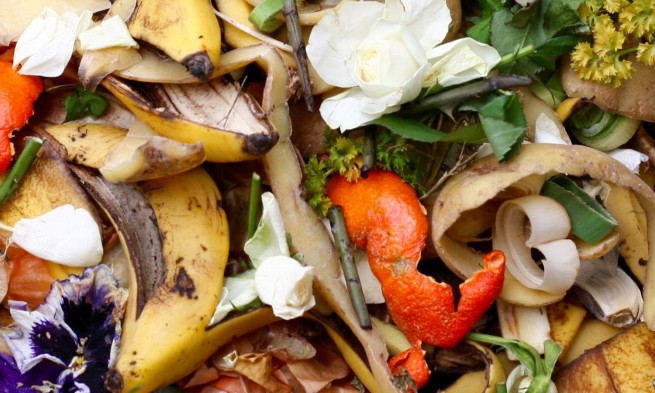The UN is condemning the global tragedy of food waste, estimating that in 2022, households around the world wasted the equivalent of one billion meals every day.
Figures for the volume of food that could still be eaten but thrown in the trash are at the very bottom of the scale. The real figure could be much higher, according to the United Nations Environment Program (UNEP) Food Waste Index report.
“Food waste is a global tragedy. Today, millions of people around the world will go hungry and food will be wasted,” said UNEP Executive Director Inger Andersen.
“This is absolutely outrageous,” says Richard Swannell, a spokesman for the NGO WRAP, which co-authored the report. “We could feed all the world's hungry people – about 800 million of them – with one meal a day, just the food that goes to waste,” he says.

Households accounted for 60% of this waste, or 631 million tons, in 2022. Food services (canteens, restaurants, etc.) contributed 28%, and supermarkets, butchers and grocers combined contributed 12%. It is estimated that this is more than $1 trillion a year that is being “thrown away.”
The report, the second published by the UN on the issue, represents the most comprehensive review of the situation to date. Scale problems became clearer as data collection improved. “The more we look for food waste, the more we find,” says Clementine O'Connor of UNEP.
According to Richard Swannell, most household waste comes from people buy more than they really need, incorrectly estimate portion sizes and do not eat the rest (food often “disappears” in refrigerators, food purchased “in reserve” spoils and ends up expired). Thus, consumers throw away food that is ok to eat but has already expired.
Most food is lost for reasons other than simple carelessness, especially in developing countries, such as refrigeration problems. But contrary to popular belief, food waste is not just a problem for rich countriesit can be observed all over the world.
From a business point of view, now It's cheaper to throw away food than to find a more environmentally friendly alternative. “It's faster and easier because waste taxes are zero or very low” says Clementine O'Connor.
Food waste, which accounts for almost one fifth of available food constitute an “ecological disaster,” the report's authors say. And they are responsible for up to 10% of global greenhouse gas emissions, in addition to occupying huge tracts of agricultural land (where edible products are grown that will never be eaten).
If it were a country, “it would be the third largest emitter of greenhouse gases after the United States and China,” notes Richard Swannell. “And yet people don’t think much about it.”
“We hope that this global report will highlight the opportunity for each of us to reduce greenhouse gas emissions and save money by simply using the food we buy more efficiently,” the expert concluded.







More Stories
Greece: growth in deposits from households and businesses in March 2024
EU employment record: Greece "stuck" in a low position
“Bonus” of 300 euros for the long-term unemployed